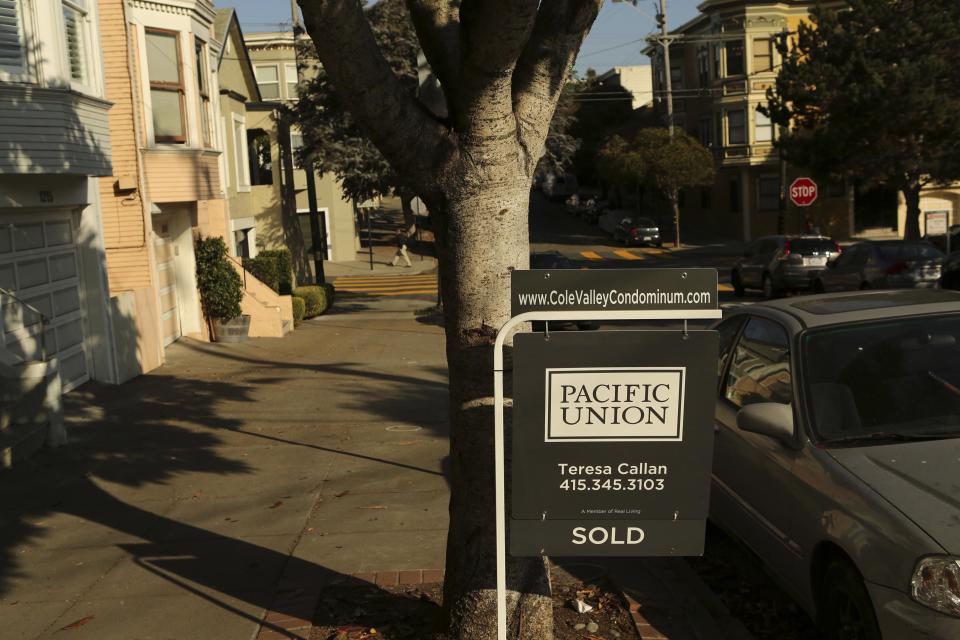Scam or security? Mortgage protection plan still confusing home buyers

When buying a new home, you want to make sure your investment is as protected as possible. But that doesn’t have to include a mortgage protection plan.
Also known as mortgage life insurance, this product is meant to guarantee your mortgage will be paid in the event of your death, or partially paid in the event you are unable to work due to disability.
One Reddit user recently wondered whether they were right to have bought the insurance, or whether they’d been taken for a ride.
“I’ve been paying $50/mo towards a ‘Mortgage Protection Plan’ that my realtor sold to me when I bought my house 8 years ago,” the user wrote in r/PersonalFinanceCanada. “Just noticed that there is a class action lawsuit filed against the insurance company. Have I been scammed into paying for something deceptive all this time?”
The class action lawsuit refers to a 2013 case brought against Manulife Financial, Benesure and Davis + Henderson for “Mortgage Protection Plan” and “Credit Security Plan” products. The lawsuit, led by Merchant Law Group LLP, alleges that “Canadians were mislead by Manulife, Benesure Insurance, Davis + Henderson and related parties into purchasing products purporting to provide mortgage credit protection.” The action was discontinued in September 2015.
While the lawsuit may seem intimidating and could potentially scare off customers, there is some merit to the product, depending on your situation.
What it does
A mortgage protection plan, available through banks and private mortgage lenders, insures the balance of your mortgage in the event of death, although some also include coverage in the event you become disabled. But Tea Nicola, CEO of Wealthbar, says it’s not quite as simple and straightforward as it seems.
“The main downside of the mortgage protection plan is that is has a declining balance,” says Nicola. “If you think about the fact that you’re paying your mortgage every month, the balance goes down by the amount of that payment.”
That means if your initial mortgage balance is $500,000 and you’re paying that amount down every month, after five years your mortgage balance will be much less, but you’re still going to be paying the same premium for a lower dollar amount of coverage.
“Premiums paid are very seldom equal to the benefit provided,” says Nicola.
Mortgage protection plans differ from CMHC insurance, which is mandatory for home buyers to get when putting less than 20 per cent.
No guarantee of payout
The other downside for many customers is the potential that their families won’t receive a payout upon their death, despite spending potentially thousands on premiums through the years.
“Even though the mortgage providers ask a few health questions before they provide you with mortgage insurance, what they actually do is, post-mortem, decide whether or not you are worthy to have the policy issued to you, and you could be declined after you die, for health reasons that were pre-existing conditions or some other reason or another that they haven’t bothered doing so while you were alive,” says Nicola. “There have absolutely been cases in Canada where somebody has died with this product and the underwriter has deemed them ineligible to have insurance and they were declined.”
In 2013, Ontario resident Christopher Massa passed away at the age of 60 following a diagnosis of lung cancer. The claim for his mortgage life insurance, sold by Scotiabank, The Toronto Star states, was denied when his widow sought payout for the $289,000 mortgage.
According to The Star, Scotiabank found out after Massa’s death that he had answered a question on his application incorrectly. He had stated that he had no pre-existing medical conditions, but had been treated for a liver problem before applying, his medical records showed.
“Approval is based on answering one health question. If you answer ‘No’ to this question and your mortgage is $500,000 or less you are approved,” the bank’s website reads, according to Mortgage Broker News. “Answering ‘Yes’ to this question does not necessarily mean you won’t be approved; it simply means the insurer will contact you for more information.”
So should you buy a Mortgage Protection Plan?
“The truth of why mortgage insurance does well is because people often don’t have the time to think through all the different insurance options,” says James Laird, Co-Founder of Ratehub Inc. and President of CanWise Financial. “What we find is basically every brokerage, including our own, offers some sort of mortgage insurance. We find those that take it, they know that they want some protection because they’ve got a half million dollars worth of new debt.”
The advantage to buying it is you’ve got some kind of coverage in place on your balance, and it gives home buyers time to talk to an insurance an insurance broker, do some research and identify whether it’s the best product for you and your situation.
“You can cancel it at any time,” says Laird. “A proven approach that lots of consumers take is to take the mortgage creditor insurance right away … and then pencil it in six months down the road to do a review of their insurance options and choose what they want to go with, and if they choose something different, to cancel the mortgage insurance.”
Download the Yahoo Finance app, available for Apple and Android.

 Yahoo Finance
Yahoo Finance 
